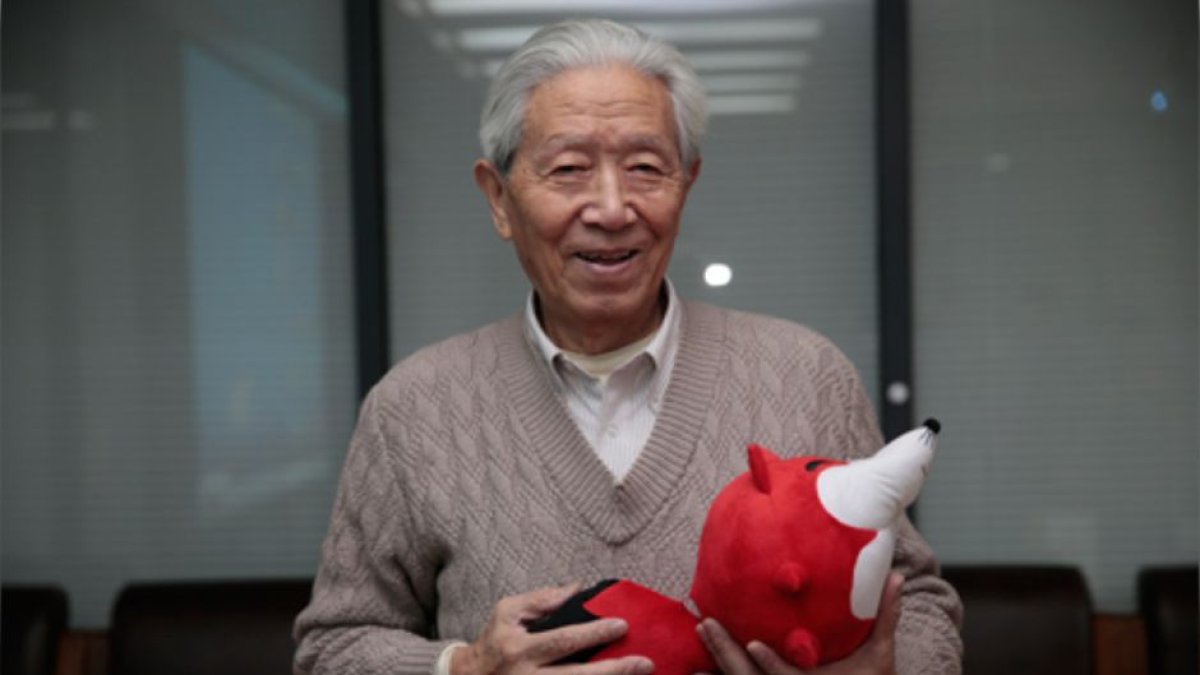Doctor who uncovered Chinese SARS cover-up dies
In 2003, Jiang Yanyong spoke out about the spread of this virus while the Beijing regime was trying to cover up the outbreak.

(Prachatai / Flickr)
Jiang Yanyong, the doctor famous for speaking out against the secrecy of the Beijing regime in the face of the Severe Acute Respiratory Syndrome (SARS) epidemic in 2003, died last weekend at the age of 91.
Yanyong died of pneumonia on Saturday in Beijing. A ceremony will be held at the hospital on Wednesday, Radio Television Hong Kong (RTHK) reported.
In April 2003, Jiang was baptized as a "SARS hero" after denouncing that the health center where he worked had patients whose cases were being concealed by the government, a claim that was initially denied by Beijing but which it later had to acknowledge.
Faced with the false data offered by the Chinese regime, which acknowledged only a few infections, Dr. Yanyong sent a letter pointing out that there were hundreds of people suffering in Beijing hospitals from this serious respiratory disease. His message was covered up by the Chinese media, but the international press did share the news, forcing the Chinese government to admit that it had provided false information and ultimately leading to the intervention of the World Health Organization.
According to WHO, SARS infected more than 8,000 people worldwide in 2003. Of these, 774 died. The scandal also led to the dismissal of the Chinese minister of health and the mayor of Beijing.
Chinese cover-ups of viral outbreaks
Dr. Jiang's experience has drawn comparisons with China's approach to the outbreak of COVID-19.
Li Wenliang, an ophthalmologist in Wuhan, was investigated by police on charges of spreading rumors after trying to warn people of a SARS-like virus in December 2019.
After falling ill with COVID-19 himself, Dr. Li said on Chinese social media that he wondered why the authorities said no medical personnel had been infected. Dr. Li died from the virus in February 2020. The subsequent history of the pandemic's development is well known.

























